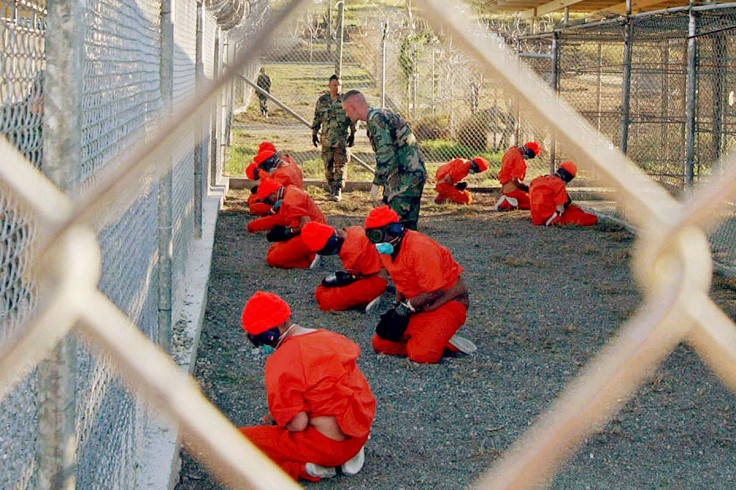Pentagon to present plan to Congress for closing notorious Guantanamo Prison

Seven years after President Obama vowed to shut down the military's controversial prison in Guantanamo Bay, the Pentagon is finally presenting a plan to do so to the US Congress, where it is bound to run into a battle.
The proposal will lay out several options on how to close the facility, said Navy Captain Jeff Davis.
"The plan is to submit to Congress what our thoughts are on the issue and what we see is a way ahead necessary to achieve the closure of Guantanamo and to specifically point out the need for legislative relief," Davis told The Hill.
US officials have said the proposal would call for sending to their homelands or third countries detainees who have been cleared for transfer, now numbering 35, and bringing remaining prisoners, possibly several dozen, to American soil to be held in maximum-security prisons. Congress has banned such transfers to the US since 2011.
The plan will include studies of specific sites and cost estimates to prepare facilities to accept the remaining detainees. Two military prisons, Fort Leavenworth in Kansas, and another in Charleston, South Carolina, are among the proposed locations, as is a federal prison in Florence, Colorado.
Many in Congress, particularly the Republicans, are adamantly opposed to transferring any prisoners to US facilities because they're convinced they represent a major threat to national security even behind bars.
In late 2015 Congress also passed the National Defense Authorization Bill, which removed certain other countries with terrorist ties, including Yemen, Libya, and Somalia, from the list of nations that could take in detainees.
The law also required the Obama administration to submit an official plan to close Gitmo by 23 February.
There are 91 detainees remaining at the prison after 13 were released earlier this year. It's the first time the number of detainees has fallen to fewer than 100 since the prison opened in 2002. A total of nearly 800 prisoners have been held there.
Because the prison, located on American Navy territory in Cuba, is a military facility — and, the administration of former president George W. Bush argued, outside legal US jurisdiction — it operates under far different rules than American civilian institutions governed by due process laws backed by the Constitution. The inmates are considered terrorists but very few have been formally charged with any crimes, though many have been held in the prison for up to 14 years.
Several inmates have accused facility managers of torture and other cruel and unusual treatment. A 2005 report by Amnesty International called it the "Gulag of our times."
Three British Muslim prisoners, known at the time as the Tipton Three, were repatriated in 2004 to the UK, where they were immediately released them without charge. The three accused prison officials of torture, sexual degradation, forced drugging and religious persecution.
© Copyright IBTimes 2025. All rights reserved.






















